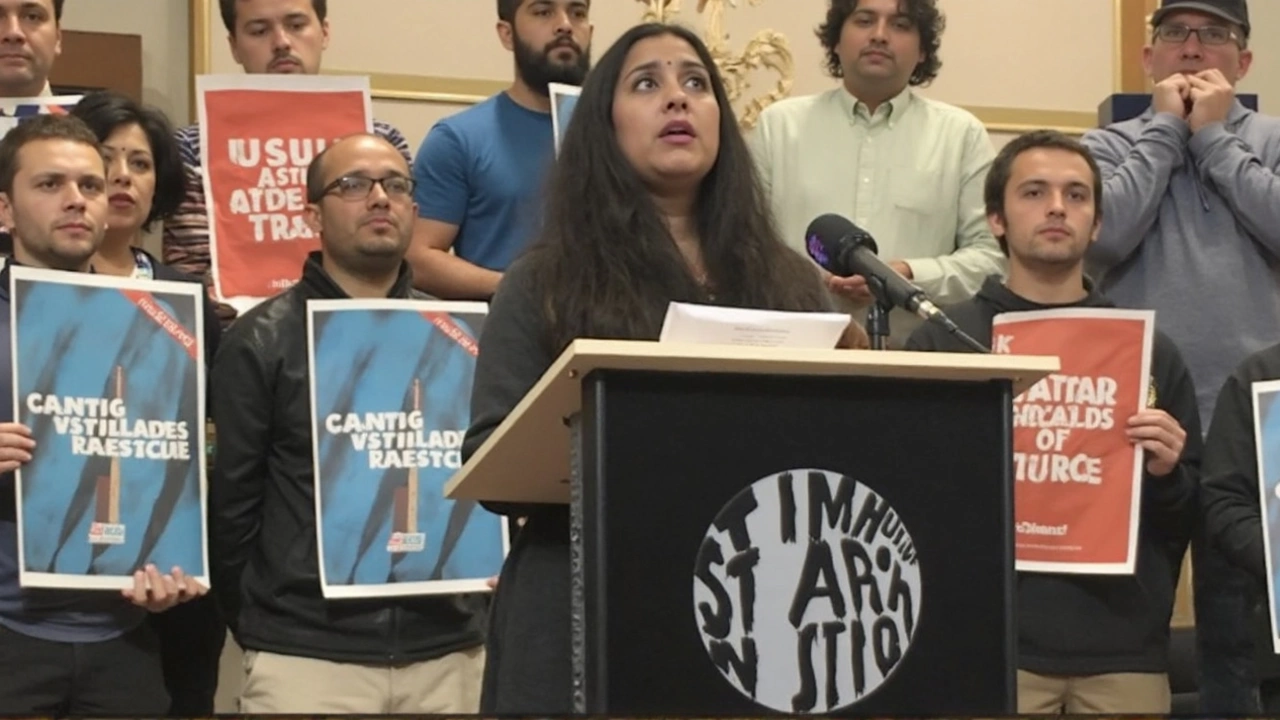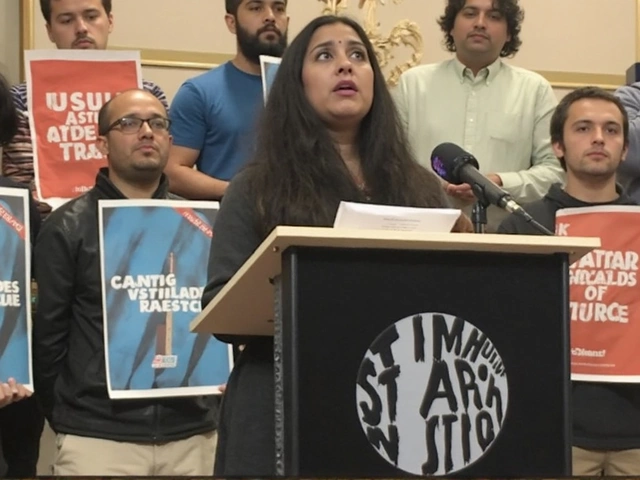Indian Consulate Rejects Kshama Sawant's Visa Twice, Alleging 'Reject List' Concerns

The Indian consulate in Seattle has raised eyebrows by refusing an emergency visa for Kshama Sawant, a former Seattle City Council member and vocal critic of Indian Prime Minister Narendra Modi. The denial, marked by an inclusion on a 'reject list,' happened not once but twice in 2024, raising suspicions about the real motives behind it.
Known for her staunch opposition to policies like the Citizenship Amendment Act (CAA) and the National Register of Citizens (NRC), Sawant has not shied away from expressing her views on India's political landscape. Her activism extends beyond borders, supporting U.S. efforts to protect against caste discrimination and championing workers' rights. Given her outspoken nature, some see the visa denial as a possible tactic of political retaliation aimed at silencing dissent.
Sawant's case gains further attention as her husband, Calvin Priest, was granted a visa for the same journey intended to visit her 82-year-old mother, Vasundhara Ramanujam, who is in critical health in Bengaluru. The juxtaposition of Priest's successful visa application against Sawant's rejection intensifies the spotlight on the decision-making process at the consulate.
Sawant has vowed to fight back, seeking legal recourse against what she perceives as an unjust denial. Adding fuel to the fire, she has organized protests at the consulate premises. Reports suggest that officials have been quick to respond, allegedly threatening to involve law enforcement to disperse demonstrators. The absence of an official public statement from the Indian government leaves more questions than answers, while the consulate hints at issues regarding 'unauthorized entry' by protesters.
This situation is not without precedent. Similar visa refusals have been reported, including the case of Sweden-based professor Ashok Swain, a known critic of Modi as well. These repeated incidents suggest a pattern that hints at possible political motives behind certain visa denials.
For Kshama Sawant, the denial underscores the complex intertwining of global activism and international diplomacy. Her determination to visit her ailing mother amid these hurdles reflects a deeply personal struggle against what she perceives as politically driven barriers. It also raises broader questions about how political dissent is handled by governments, both domestically and internationally, in an era where voices can cross borders with ease yet face institutional gates.
